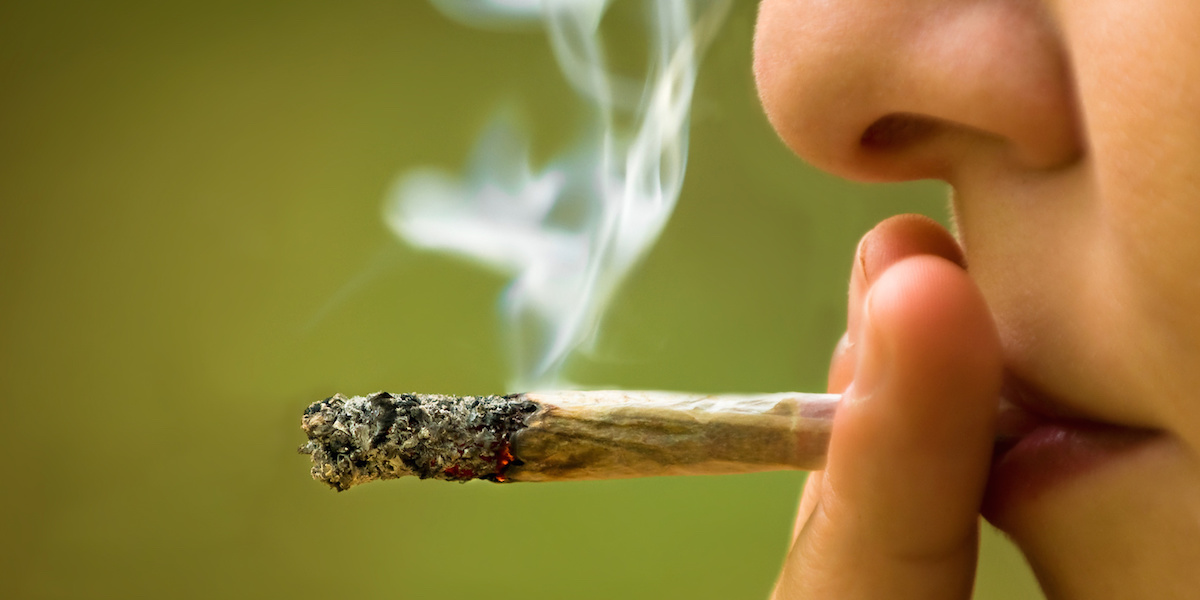
The following is excerpted from an online article posted by PsyPost.
A longitudinal study of adolescents in Sweden found that individuals prone to antisocial behavior at age 15 were more likely to use drugs or alcohol by age 17. In contrast, those who exhibited more prosocial behaviors were less likely to develop these habits. The findings were published in Addictive Behaviors Addictive Behaviors.
Antisocial behaviors are actions that violate societal norms and can negatively impact others or society as a whole. These behaviors range from relatively minor acts, such as lying and cheating, to more serious offenses like theft, violence, and other criminal activities.
Prosocial behaviors, on the other hand, include actions intended to benefit others—such as helping, sharing, donating, volunteering, and cooperating. These behaviors are typically motivated by empathy, concern for others, and a desire to contribute positively to society.
Study author Simon Jangard and his colleagues aimed to investigate the relationship between substance use—specifically alcohol, tobacco, and illicit drugs—and both antisocial and prosocial behaviors. They focused on two types of antisocial behavior: conduct problems and criminal behavior. For prosocial behavior, they examined three categories: global prosociality, general trust, and institutional trust.
The researchers analyzed data from Futura01, a nationwide longitudinal study that tracked 3,817 Swedish adolescents over two years—from age 15 to 17. The first wave of data collection occurred in 2017, when participants were in 9th grade, and involved a paper-and-pencil questionnaire completed during school hours. The second wave was conducted in 2019 via a postal or online survey.
Results showed that participants who reported higher levels of antisocial behavior at age 15 were more likely to report using alcohol, drugs, and cigarettes at age 17. They were also more likely to exhibit symptoms of alcohol use disorder.
Adolescents with higher levels of global prosociality at age 15 were less likely to report symptoms of alcohol use disorder or to use cigarettes and illicit drugs at age 17. However, global prosociality was not associated with the likelihood of alcohol use or hazardous drinking. Participants with higher levels of general and institutional trust were less likely to use alcohol and cigarettes. Those with greater institutional trust at age 15 were also less likely to use illicit drugs or snus (a type of moist powdered tobacco commonly used in Sweden) at age 17.
Source: PsyPost
https://www.psypost.org/new-study-links-antisocial-behavior-in-teens-to-increased-substance-use-by-age-17/

 Teen Loneliness Triggers ‘Reward Seeking’ Behavior
Teen Loneliness Triggers ‘Reward Seeking’ Behavior  The Hidden Mental Health Danger in Today’s High-THC Cannabis
The Hidden Mental Health Danger in Today’s High-THC Cannabis  Teen Suicide, Binge Drinking Decline, New National Data Show
Teen Suicide, Binge Drinking Decline, New National Data Show